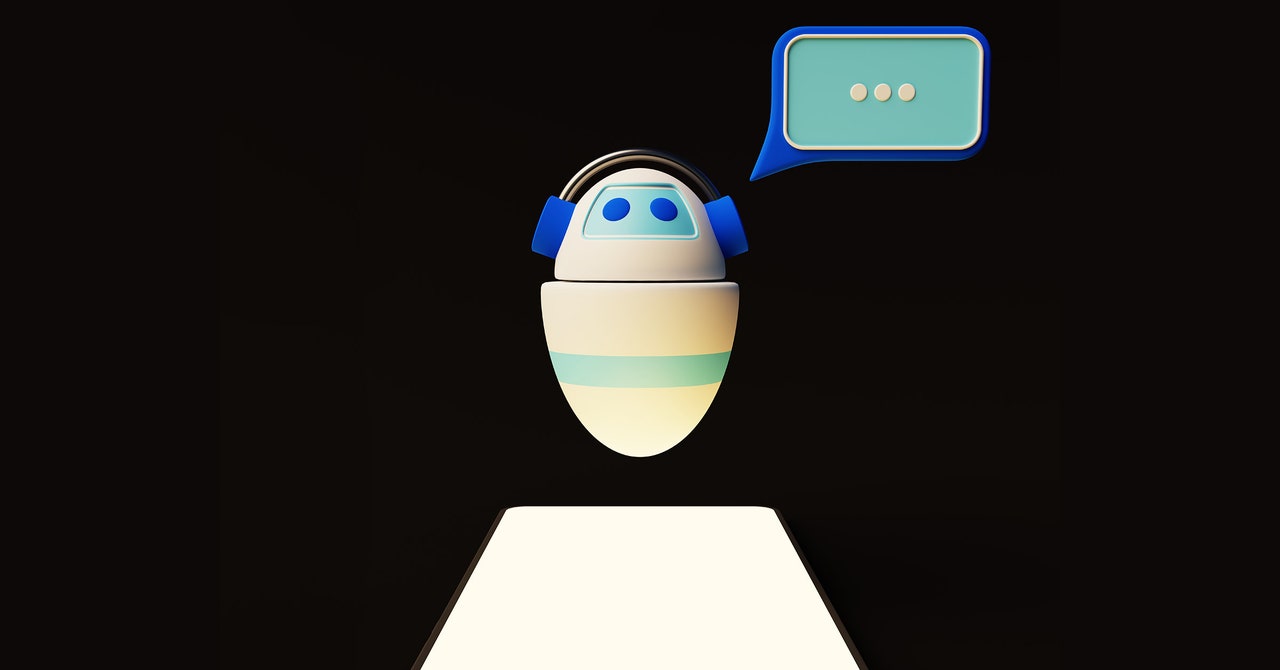In March, The Wall Street Journal reported that Apple rejected an email app’s generative AI-infused update until the developer gave the app an 17+ restriction, citing concerns that AI tools could generate inappropriate content for children. In the App Store, OpenAI’s ChatGPT app is classified as ’12+ years old’.
OpenAI did not respond to questions about any additional parameters it might have included in its iOS model, though the mobile app presumably met Apple’s requirements to be allowed on the App Store. Currently ChatGPT on the web refuses to generate any problematic content when requested; for example, it won’t write pornographic short stories or make religious jokes based on WIRED’s tests, but it will write satires about religious wars. Satire is also a category allowed in Apple’s App Store.
When asked why OpenAI’s iOS app for ChatGPT arrives six months after the launch of the ChatGPT web app, spokesperson Kayla Wood says it was part of the company’s ethos of secure AI development. “This goes back to our whole strategy of bringing these useful tools into the world slowly and safely,” she adds.
OpenAI has made it clear that its strategy to make AI smarter includes training algorithms using feedback obtained from logs from people using ChatGPT. The bot’s iOS manifestation could provide a valuable new stream of questions, and one with a more conversational tone if the voice recognition feature proves popular.
A mobile app could also provide OpenAI with entirely new signals, such as location data. However, Apple has also limited data collection for third-party apps in recent years, starting with the rollout of iOS 14 and iPadOS 14.5 in 2021. For example, app makers now have to ask your permission when they want to track you everywhere in apps and services owned by other companies, and iPhone users can choose to restrict location tracking within apps.
Apple’s new controls also typically block access to a phone’s ad tracking ID, limiting some ad-based business models, including Meta’s. OpenAI doesn’t run ads against ChatGPT (at least not yet); it’s free, premium or pay-as-you-go, in the case of the image generator DALL-E.
Apple did not respond to a question from WIRED about any content moderation or record-keeping restrictions that may apply specifically to this new category of AI tools, such as the ChatGPT iOS app.
ChatGPT’s App Store debut may not be welcomed by the entrepreneurs who have cleverly launched their own chatbot apps in recent months. The arrival of the app on mobile devices can also help thwart scammers. Earlier this week, security firm Sophos warned that ChatGPT scams are popping up on the Google Play and Apple App Stores. Unwitting consumers are tricked into downloading “free” apps that pretend to provide access to OpenAI’s ChatGPT, only to later be charged subscription fees for bogus apps. Now, with the OpenAI app in the mix, it might be easier to avoid low-quality chatbots with names like “Chat GBT”.

